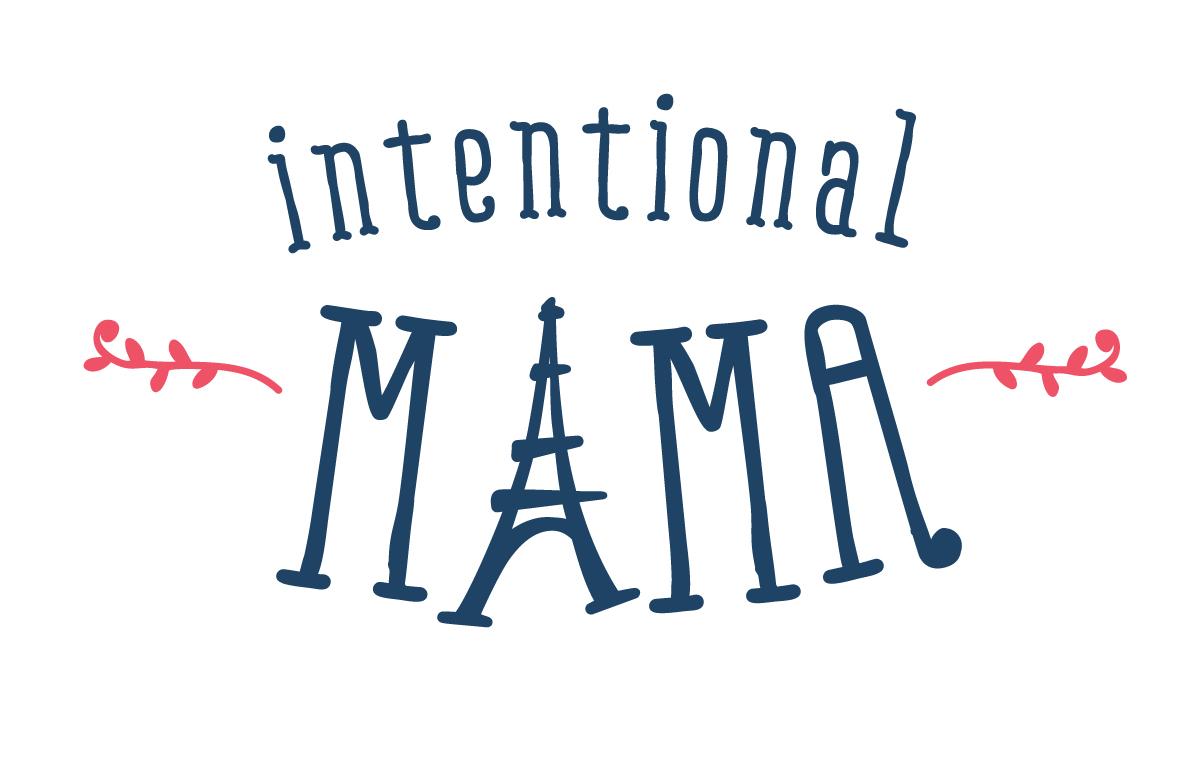Responding to Homelessness: Influences and Experiences
I attended college in Santa Barbara, California, where the mild Mediterranean climate attracts movie stars, tourists, and the homeless alike. Mental illness was so common among the homeless there that my psychology professor assigned a final project that required observing someone displaying signs of mental illness, identifying a probable diagnosis, and writing a suggested treatment plan. Several years prior to my arrival on campus, a fellow college student was so troubled by the nearby homeless population that he dropped his classes, donated the contents of his bank account to a local shelter, and moved onto the street to join them. Clearly, this was neither a wise nor long-term solution, but I admire his responsiveness and the depth of his concern.
In contrast to that student, I've often been fairly calloused towards requests for money from street people, mostly because I trust neither their stories nor their choices. A few "black sheep" in my extended family shaped my understanding of how poor choices and addictions rupture relationships and devastate lives. One of the most informative books I've read on the topic of street living is Debra Gwartney's Live Through This: A Mother's Memoir of Runaway Daughters and Reclaimed Love. Gwartney begins the book by sharing her own conflicted response to panhandlers--she wants to help them, yet she remembers how every dollar given to her runaway daughters kept them from needing to return home.
Nonetheless, it's only recently that I identified how my skeptical, closed wallet-approach had become an unthinking, unquestioning response to "the least of these" (see Matthew 25 in the Bible.) The homeless, the downtrodden, the panhandlers--however you label them, all people deserve compassion, and it's far easier to respond with love than I've previously admitted.
Several months ago I bought a sandwich for a teen asking for a dollar for lunch. I learned that he was not allowed in the café facing us because of his frequent panhandling. So we walked to another sandwich shop across the way, and en route we talked about his alternative school. He also told me about a nearby church offering free meals later in the day. I still pray for Alex and keep an eye out for him in the area where we met.
Last week I read Sarah's perspective at An Inviting Home about why she doesn't give money to homeless people. She shared about her new habit of keeping sack lunches with granola bars, fruit, and bottled water in the car for the needy. I look forward to doing the same. One meal is not a solution, but it is a gesture of compassion to move us both a step in the right direction.
A few days ago, I encountered a woman asking for money outside rhe post office. Rain dripped off her baseball cap and parka. In the past I would have given her a half-second nod and moved on, but this time I rolled down my car window. "I don't have any money," the lie rolled out before I caught myself, "but would you like an umbrella?" An ambivalent look flashed across her face, but she said, "Yeah, sure." I hopped out of my car to pull an umbrella from my trunk, but as I did so she changed her mind. "Ah, it's okay." Then she brightened. "Hi Honey! Hi loves! Aren't you wonderful?!" she cooed at my children in the backseat. As I got back in the car, she continued to beam at my little ones. "You're so precious. Look at you! Hi baby!" Her grin was ear to ear as she continued to complement and interact with them, and I was glad that we were able to add some moments of joy to a previously gray afternoon. My children were a bit mystified by the encounter, and I'll avoid lying next time, but at least we're all learning that a kind response can bring joy to anyone's heart.
P.S. Have you see this time-lapse clip featuring a homeless veteran's stylistic transformation? I love the message it conveys about appearances and identity.



